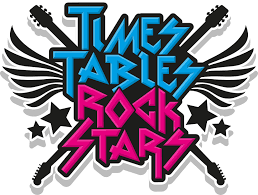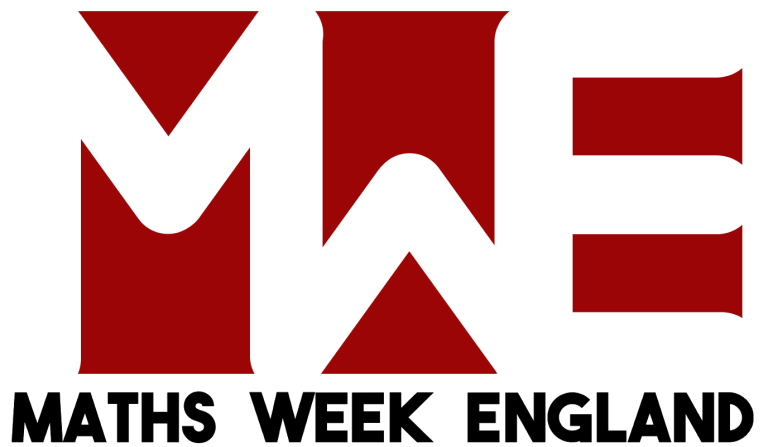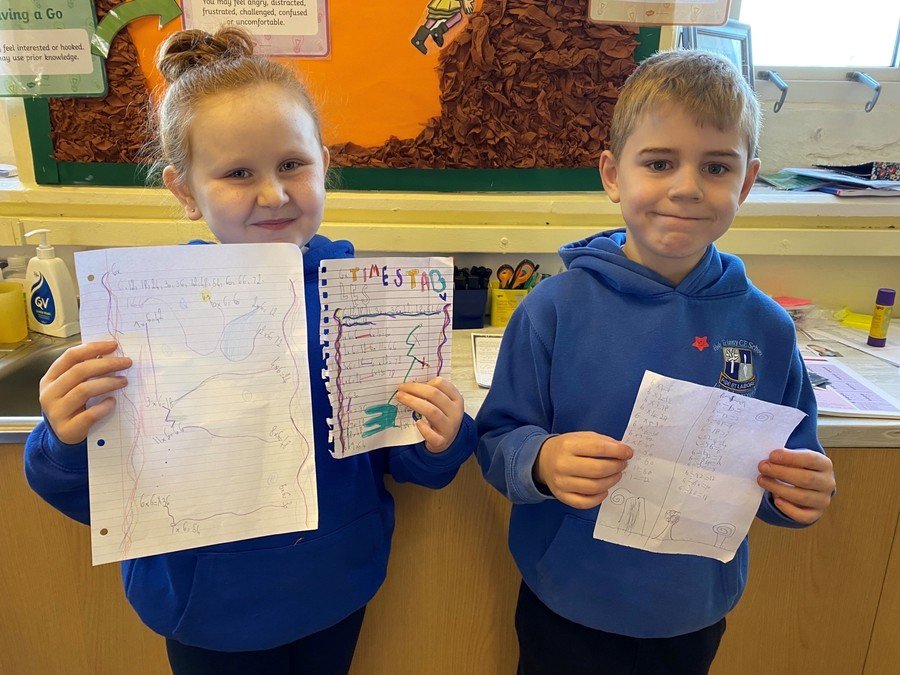MATHS AT HOLY TRINITY PRIMARY SCHOOL
Here at HOLY TRINITY, we are truly passionate about maths! We aim to develop our children as mathematicians who enjoy engaging with the processes of reasoning and problem solving through a mastery approach. (which develops a deep, long-term, secure and adaptable understanding of the maths.)
Our aim is to embed the core skills of addition, subtraction, multiplication and division, realising the importance and application of number in an everyday real life context. We promote the importance of learning the multiplication tables and their related division facts through fun, effective, relevant lessons, celebrating individual achievements along the way.
We develop an understanding of shape, data and measures through practical creative lessons which are often cross-curricular and encourage pupil led investigations. Our teaching of mathematics aims to equip children with the necessary numeracy skills to allow them to use different methods and strategies in everyday life as they continue on their learning journeys.



In order to further promote our love of maths at school, we are currently introducing Maths Ambassador Roles to provide children’s voice in how we promote maths throughout the school.
Maths Ambassadors KS2:
* Maths Ambassadors are chosen for their love of maths, their willingness to share this passion with others and enthusiasm to promote maths throughout the school.
Maths Ambassador Roles and Responsibilities:
Part of the job of the maths ambassador is to
* Promote a love of maths across the school.
* Share their problem solving strategies and demonstrate resilience when solving problems.
* Be an excellent role model for others.
* Run and manage whole school maths competitions
* Support pupils with maths at lunchtimes.
* Support children in KS1 with basic mathematical recall facts (number bonds etc.)
TT ROCKSTARS with special guest appearance from...Jocelyn Jue




Well done! What a great achievement!
OUR MATHS ENRICHMENT DAYS ACADEMIC YEAR 2024/25
 November 2024
November 2024
All of classes took part in a fantastic range of exciting maths activities ranging from problem solving puzzles to mind-blowing, head-scratching workshops and art activities.
Have a look what we've been up to!


NSPCC - NUMBER DAY - February 7th 2025

Supporting your child with Maths at home
Whilst children learn about maths in school, there are also lots of ways that we need you to support your child at home. There are so many fun activities and games you can include in your everyday routines!
Because maths is all around us and we’re using it every day, you will already be doing many of these mathematical activities and practicing your child’s numerical skills without even thinking about it.
The most important thing you can do is to make learning maths FUN! Many parents will find that the way maths is taught is different from their own experience. If there are any aspects of maths you would like to know more about, please see our calculation policy below or ask Mrs Payne (Maths Coordinator)
Fluent in Five provides a daily set of arithmetic practice, designed to help children develop and maintain fluency in both written and mental calculations. The structure of Fluent in Five is also designed to help children distinguish between written and mental
calculations.
What is included?
• For Years 3 and 4, a weekly powerpoint featuring 4 to 5 daily questions and answers.
• For Years 5 and 6, a weekly pack of 5 to 6 daily questions and answers set out in the style of the Year 6 SATs arithmetic test.
• A progression document for each year group to give an overview of the national curriculum objectives that will be covered on each day.
Why we use Fluent in Five
At Holy Trinity we regular practise mental and written arithmetic skills in order to keep calculation skills fresh for children. Children and schools repeatedly report that there are significant time pressures with the KS2 arithmetic tests; many children are not able to complete the full test in the 30 minutes given.This is often because children are attempting questions which have been designed to be answered mentally using an informal or formal written method, which takes up valuable time. This may be because children are not confident with mental approaches to calculations, or that they are simply ‘tricked’ by the appearance of a gridded working area after each question. Fluent in Five has been designed to provide this regular practice and help children distinguish between when to use a written method and when mental method would be more efficient. In turn, this should develop their ability to complete all the questions in an arithmetic test in the time given. Fluent in five is practiced across all KS2 as part of our early morning work.
Progression into KS1 and KS2
Our work in the Early Years flows into our KS1 and KS2 curriculum, which follows the National Curriculum for mathematics:
- become fluent in the fundamentals of mathematics, including through varied and frequent practice with increasingly complex problems over time, so that pupils develop conceptual understanding and the ability to recall and apply knowledge rapidly and accurately.
- reason mathematically by following a line of enquiry, conjecturing relationships and generalisations, and developing an argument, justification or proof using mathematical language
- can solve problems by applying their mathematics to a variety of routine and non-routine problems with increasing sophistication, including breaking down problems into a series of simpler steps and persevering in seeking solutions.
Progression of knowledge and skills through EYFS and Years 1 to 6:
We use the following progression maps for mathematics created by the NCETM (National Centre for Excellence in the Teaching of Mathematics) to guide our teaching and learning:
- EYFS progression grid (see document further on)
Children make progress best as mathematicians when they regularly repeat skills and practice them until they become embedded.
This can be quite a long process sometimes, and so the use of the context of an exciting game or interesting activity can be highly
motivating. In our experience, our children learn best when they are having fun and that's what games are for!
Primary Games -You'll find all sorts of maths content here, all presented as engaging games and challenges.
http://www.primarygames.co.uk/
Topmarks- Lots of fun games to play with children of all ages!
http://www.topmarks.co.uk/maths-games
KS2 children having fun with their times table learning!


| Name | |
|---|---|
| EYFS 2021 MATHS PROGRESSION GRID.docx | Download |
| Name | |
|---|---|
| Fluent+in+Five+Weeks+1+to+6+Years+1+to+6+ (2) (1).zip | Download |
| Name | |
|---|---|
| maths-implementation-impact-intent (6).docx | Download |
| Name | |
|---|---|
| maths_key_objectives_1__-2- (3).pdf | Download |
| Name | |
|---|---|
| maths vision staement 2022.docx | Download |
| Name | |
|---|---|
| calculation-policy-holy-trinity---2019 (3).docx | Download |


